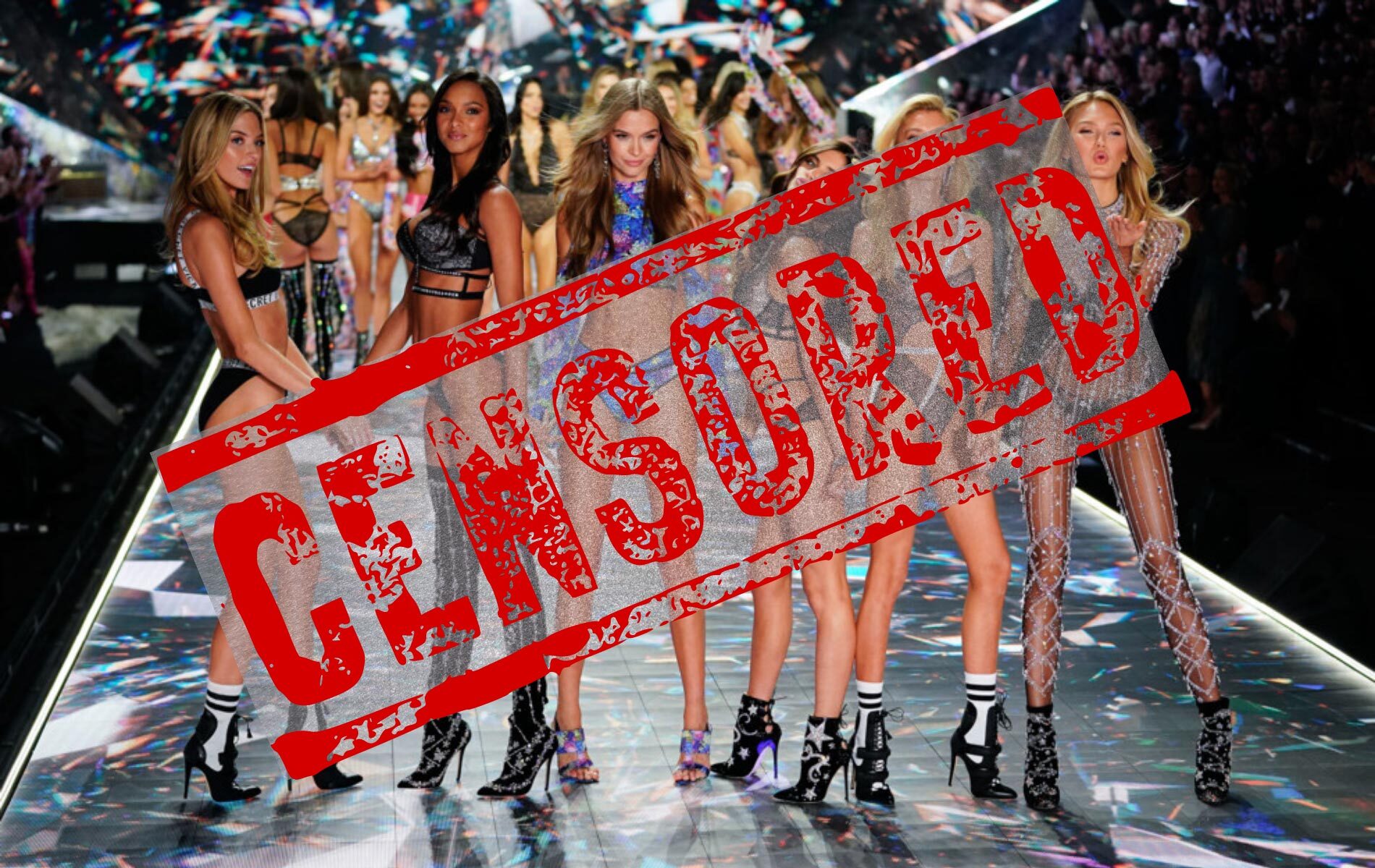Moral norms and censorship in marketing: how not to offend anyone and implement your ideas
Any marketing agency is constantly faced with censorship in one way or another: it can be self-restraint of creatives, and taboos from conservative clients, and control by the state and public opinion. The ability to maneuver between such obstacles is a real art.
Do not offend your neighbor.
Morality and censorship are very abstract concepts that are interpreted differently by everyone. And it's not only about philosophical interpretations but about completely everyday situations. There are cases when agencies' lawyers participate in courts to resolve disputes regarding their statements and ethics in advertising campaigns. And most often, it is quite easy to win a case: experienced lawyers will always find a whole layer of arguments in the form of some precedents in other campaigns or legislative acts. However, in my opinion, this is not quite the correct way to resolve the issue. It would be correct to think whether certain statements can really hurt someone.
Personally, I am guided by a simple principle: it is advisable not to offend anyone with your statements. This does not mean that everyone should hide their opinions on a particular topic. You can say what you think, but you should choose the form of your speech before that. Imagine a situation: you are communicating with a person who does not understand a certain issue as well as you do. It is not difficult to explain to him (her) that he (she) does not understand something, not because he (she) is a fool, but because the topic requires study. He (she) can easily deal with it if he (she) is interested. This method is applicable in all areas of life.
The formation of morality begins at an early age and is highly dependent on upbringing and education. If you want your children to know that spitting in grandmother's face and running away is not normal, you need to tell them about it. And here, the question is not that it is not forbidden, but that it will be unpleasant for the grandmother. And the sooner the children know this, the less funny this idea will be for them. And the more likely they are to transfer this analogy to other situations and act with the feelings and emotions of other people in mind.
Visual language instead of semantic
If we talk about self-censorship, we have formed an unspoken principle: we in no way, never, and nowhere confess the limitations of people; we do not offend them or elevate them in any way. This is a principled position. When we need to demonstrate a person's quality, we always choose a visual language, not a semantic one. For example, to convey a man's attractiveness, we will not say, "He is handsome," but simply show him. This will be more eloquent and, most likely, will not cause any complaints — because such a person exists. And we always try to make visuals rather than text. It really saves.
However, there are cases when society expresses dissatisfaction with what is said in visual language. My favorite case is related to the most popular lingerie brand, which two years ago went along with the critics and canceled its traditional show. It was accused that the models are too perfect, and this offends "imperfect" girls. The brand agreed with this and announced that it would have to close. That is, it explained its position in the text, and, in my opinion, it was a mistake. Once a collective grievance arises, you don't need to talk to anyone. This makes no sense — such a complaint cannot be disputed. In my opinion, the brand needed to continue to do its job, and not to follow the lead of the masses, not to deduce everything into semantic language, and not change its aesthetics.
Morality and law
Sometimes moral failure is confused with violations of the law. There's a pretty thin line here. The marketer may or may not cross the line where he comes up with something that demoralizes and jeopardizes the brand's reputation in the customer's campaign. But one should not forget that there is always a lawyer on the client's side, especially a corporate one. And this is a completely different plane. Here we are already talking not about ethics and morality but only about the letter of the law. For example, a lawyer may claim that in some video, they said "special needs children," but it is correct to say "children with disabilities." According to the law, criticism will be completely fair, but this does not mean that the creators of the video violated moral standards.
I believe that there is no need to fight against censorship, and in most cases, it is possible to find forms that will express the idea and not offend anyone. The priority of the visual language over the verbal one and the avoidance of the situation when this or that decision can hurt another person — these are the rules I have deduced for myself, and they have not let me down yet.














